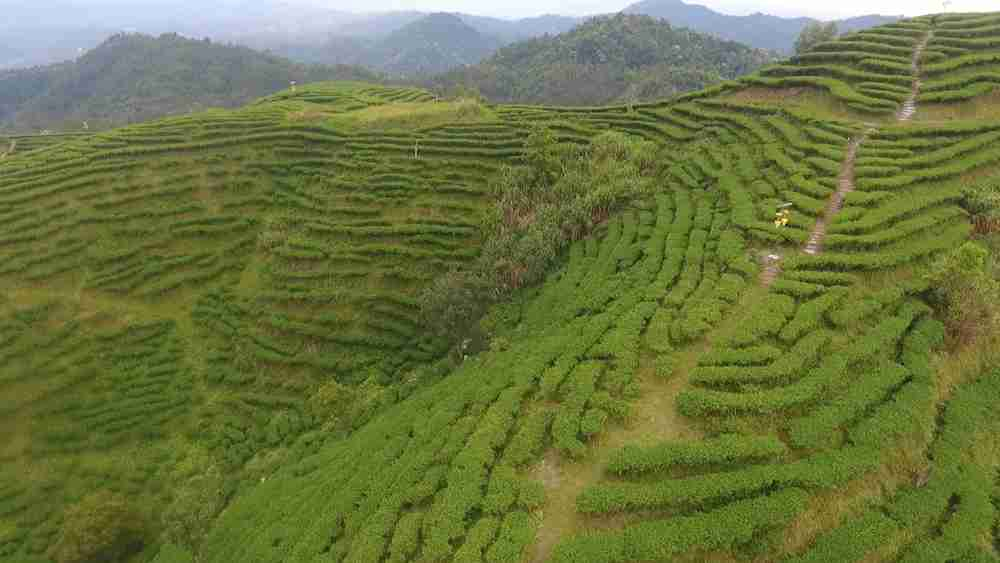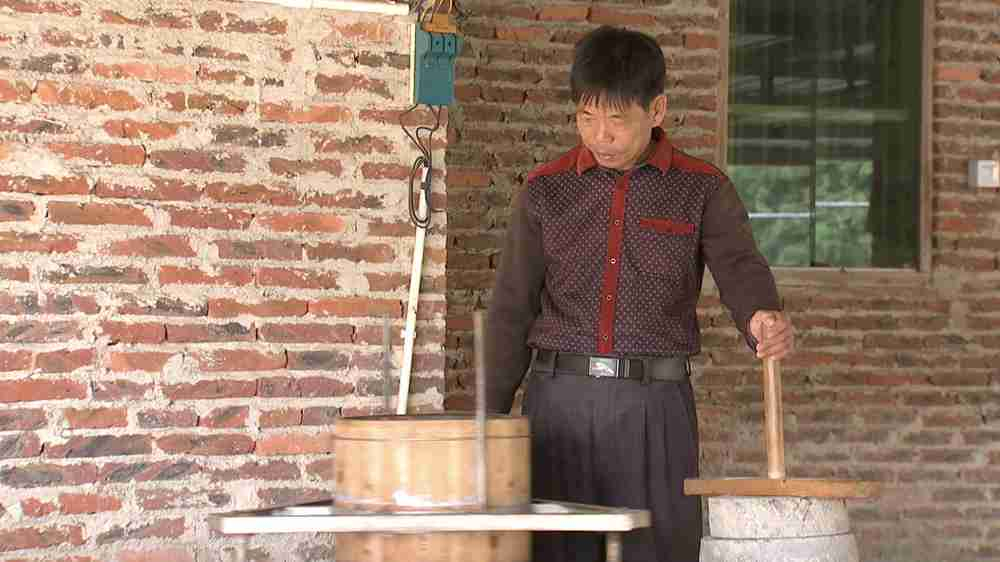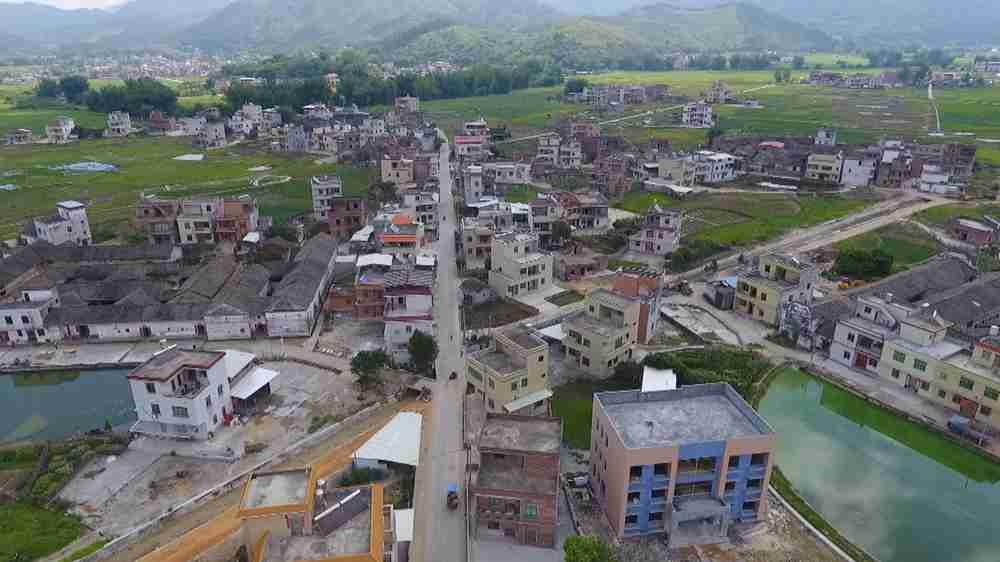
China
11:01, 18-Oct-2018
Tea industry benefits Xinmin villagers in Guangdong
Updated
10:00, 21-Oct-2018
By Cui Hui'ao, You Siyuan
02:56

In the new round of targeted poverty alleviation, industrial development plays a pivotal role. One village in southern Guangdong Province has found an industry that suits its conditions – growing tea. The revenue generated has lifted hundreds of villagers out of poverty.
On top of the mountain, this tea terrace is a ready source of dividends for local villagers. Two years ago, a Shenzhen state-owned enterprise was designated to help the impoverished Xinmin Village to lift its 140 residents out of poverty. This is part of a national scheme called "counterpart assistance".
While there were many ways to go about poverty relief, for this company, the most sustainable approach was to find the right industry. This is because many rural impoverished regions have few resources for industrial development. If the wrong industry were chosen, it would defeat the purpose of alleviating poverty.
"We considered poultry, fruit, vegetables, and even developing solar energy. But eventually we crossed them all off because of environmental issues, transportation and climate," said Liu Yantao, captain of the Xinmin Village Work Team.

Chen Guoqiang processes tea, one of his daily routines. /CGTN Photo
Chen Guoqiang processes tea, one of his daily routines. /CGTN Photo
Liu said tea was chosen because of a number of advantages, including stable market price, ease of storage and being less weather dependent.
Once the direction was set, the company bought 33 hectares of tea terrace in a nearby affluent village called Xianhu. At 1,000 meters above sea level, this mountainous area is perfect for tea growing. There the company started hiring villagers like Chen Guoqiang to help with hoeing, picking and stir-frying.
"I'm poor because I had heart surgery years ago. That cost me 30,000 yuan. I had to borrow money from relatives and friends," said 57-year-old Chen.
Chen's life was hitting rock bottom. At the worst time, he couldn't even feed himself, let alone paying back the money he owed.
But things have picked up since the tea business took off. He gets paid 300 yuan a day for his work at the terrace. Moreover, the company paid his medical insurance, bought him cows, and gave his three-member family a 6,000-yuan dividend at the end of the year.

Xinmin Village in Heyuan City, south China's Guangdong Province. /CGTN Photo
Xinmin Village in Heyuan City, south China's Guangdong Province. /CGTN Photo
"Half of our revenue from the tea project is given out to villagers as dividends, 2,000 yuan per person. We encourage them to spend that money on investing in more chickens and cows. That way they can grow their own business and become richer," said Liu.
Chen Guozhong, head of the village, told CGTN that so far 88 percent of the village households have risen above the poverty line. The rest will be lifted out next year.
In 2017, the terrace yielded around 1,200 kilograms of tea. This year the yield will be even higher. According to the plan, the company will help this village until 2020.
The legacy of the tea terrace project goes far beyond giving out dividends to villagers. Liu said one day when his company pulls out, the revenue will continue to benefit everyone in the village, contributing to water resources, education and infrastructure. In that sense, industrial poverty alleviation can benefit those in need in the long run.

SITEMAP
Copyright © 2018 CGTN. Beijing ICP prepared NO.16065310-3
Copyright © 2018 CGTN. Beijing ICP prepared NO.16065310-3